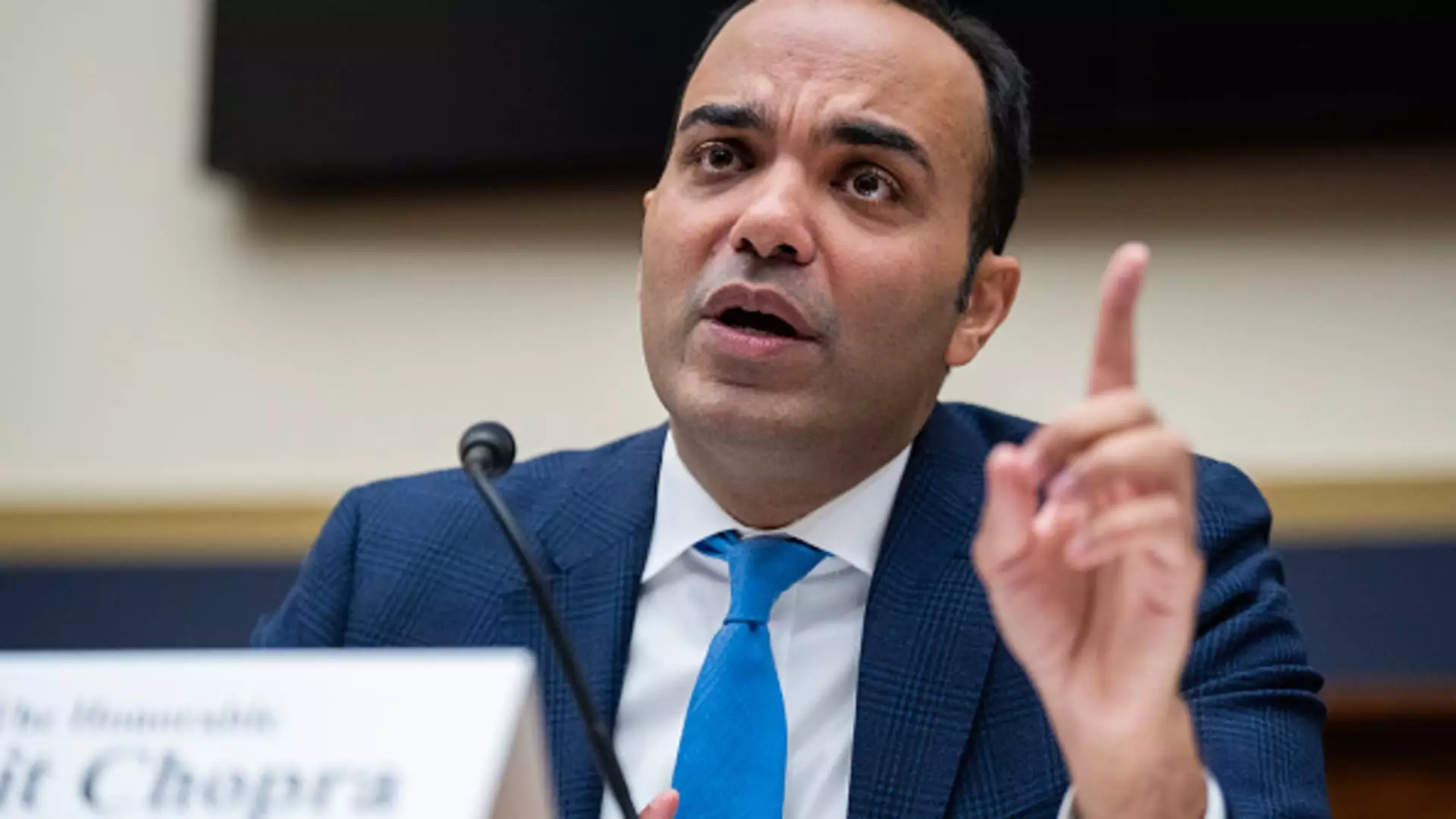The Consumer Financial Protection Bureau (CFPB) made a significant announcement on Wednesday regarding the buy now, pay later industry. The agency declared that customers utilizing BNPL services must now adhere to the same federal protections as those using credit cards. This move comes in the form of an “interpretive rule” that essentially categorizes BNPL lenders as traditional credit card providers under the established Truth in Lending Act. This means that companies within the industry, which is currently dominated by fintech firms such as Affirm, Klarna, and PayPal, are now required to offer refunds for returned products or canceled services, investigate merchant disputes, pause payments during these investigations, and provide detailed fee disclosures on bills.
CFPB Director Rohit Chopra emphasized the importance of ensuring that consumers are protected by existing laws and regulations, regardless of whether they are using credit cards or BNPL services. The agency has been actively pursuing measures to regulate the U.S. financial industry, with recent rules targeting credit card late fees and overdraft penalties. Following an investigation into the BNPL industry that began in late 2021, the CFPB expressed concerns about users being offered more debt than they can handle. Chopra highlighted the rapid growth of digital installment loan-type services in recent years, with volumes soaring tenfold from 2019 to 2021.
While some BNPL providers already offer refund and dispute services, the CFPB’s new rule aims to ensure consistency across the industry. The rule, which will take effect in 60 days, is currently open for public commentary. It remains unclear how many BNPL providers may not currently comply with these requirements, but the agency is committed to enforcing standardized practices. BNPL companies have been anticipating increased regulation, including efforts to align existing card rules with their operations. Some players in the industry, such as Klarna, have argued that their interest-free products are less risky for customers compared to credit cards with high interest rates.
The resistance from BNPL companies towards the new rule raises the possibility of legal challenges, similar to actions taken by other financial entities like payday lenders. These companies may seek to contest the rule through legal means, potentially leading to conflicts with the CFPB. In the past, the agency’s rule to limit credit card late fees to $8 per incident faced legal challenges and was temporarily halted by a federal judge. As the BNPL industry continues to evolve and expand, regulatory oversight will play a crucial role in ensuring consumer protection and financial stability.
The Consumer Financial Protection Bureau’s latest rule changes for the buy now, pay later industry signify a proactive approach towards safeguarding consumer rights and promoting transparency in financial transactions. By aligning BNPL services with existing credit card regulations, the agency aims to create a level playing field for all participants in the consumer credit market. As the industry adjusts to these new requirements, it is essential for stakeholders to actively engage with the regulatory process and contribute to shaping a framework that balances innovation with consumer protection.

